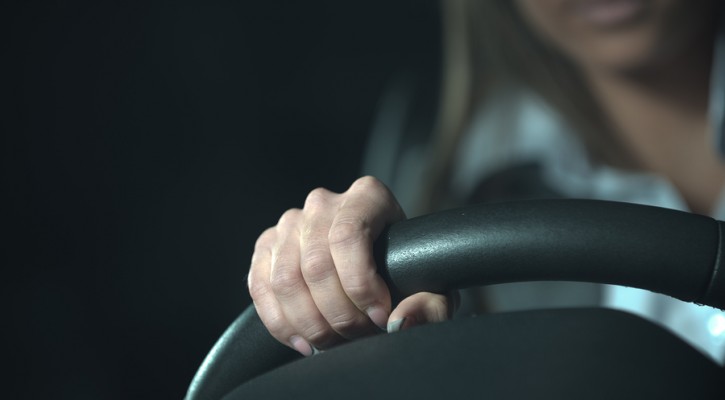
Stiff Penalties For Nighttime Driving Leads To Fewer Teen Crashes
June 18, 2015
Stiffer penalties for violating nighttime driving restrictions can lead to fewer crashes by teen drivers according to a study published in the June 2015 edition of Health Affairs.
Teens lead busy lives and, especially during the school year, tend to not get enough sleep. The tendency to drive drowsy combined with limited visibility and limited driving experience make nighttime driving especially hazardous for teens.
It has long been recognized that the teen crash rate increases at night and most states restrict nighttime driving by teens as part of their Graduated Driver License Laws (GDL). Under the GDL laws, teens are normally restricted from driving without a licensed adult present generally from 11:00 pm until 6:00 am, depending on the state where they are licensed. Depending on the state, those restrictions are generally lifted either after the first year or when the teen reaches the age of 18.
The State of Massachusetts limits nighttime driving by teens between the hours of 12:30 am and 5:30 am. Prior to 2007, violation of this restriction resulted in a $35 fine for a first offense and fines of $75 to $100 for second and subsequent offenses. In 2007, Massachusetts changed the penalties for nighttime driving by teens to a 60 day, 180 day, and one year license suspension depending on the number of previous offenses.
The researchers from Brigham and Women’s Hospital (BWH) compared the crash rate for 16 and 17 year olds to the crash rate for older teens in the one year period prior to enactment of the new law and then compared those rates to crash rates during the first five years after enactment of the law.
The results showed that the rate of crashes involving fatal and incapacitating injury among drivers age 16-17 fell by 40 percent. The overall rate of police reported crashes for teens in the 16-17 age group fell by 19 percent and the nighttime crash rate fell by 29 percent.
According to the senior study author at BWH, “Our data demonstrate that the 2007 revisions to the Massachusetts Junior Operator Law have prevented about 320 fatal and incapacitating injuries and 13,000 motor vehicle crashes among Massachusetts teen drivers over the past eight years.
Read more: Stiffened penalties for nighttime teen driving associated with fewer fatal crashes
